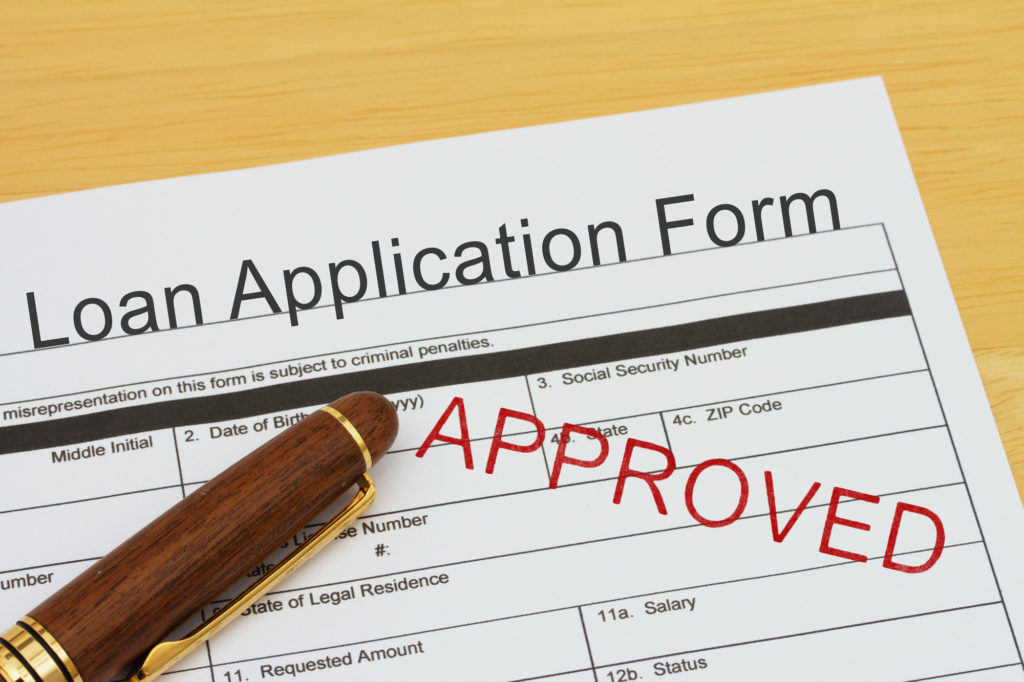Using a personal loan can be a great financial strategy in the right circumstances, but you must understand what you’re getting into and how they work. Here are 5 important things you need to know before taking out a personal loan.
Taking out a personal loan can be a great option for those who want to consolidate their debt, need extra money, or simply pay off a large, unexpected expense. It’s estimated that 24 million Americans take out a personal loan each year, with that number increasing each year as well.
Unless you have specific financial knowledge, you probably have a few questions. But, what exactly is a personal loan? Will taking out a personal loan hurt my credit? If so, are personal loans bad? How do personal loans work?
We are going to answer all of these questions and more in this article, so keep reading to learn more.
1. What Is a Personal Loan?
A personal loan is a type of loan that is paid back in installments over a set amount of time. The repayment time for personal loans can range from 18 months to 5 years.
2. Unsecured vs. Secured
There are also two different types of personal loans.
The most common type is called an unsecured loan. This means the lender doesn’t take collateral for the loan. They will give the loan based solely on your credit and financial history.
There are also secured loans, which are less common for personal loans. These types of loans are backed by collateral, usually in the form of a savings account. These types of personal loans are usually for people who can’t qualify for a loan based on financial history alone.
Secured loans often have slightly lower interest rates.
3. Risks with Personal Loans
The main risk associated with personal loans has to do with the fixed repayment period. You must pay the full amount of the loan back in a fixed time determined when you take out the loan.
If you fail to do this, you can be sued by the lender. And since most personal loans are unsecured, going to court is almost guaranteed if you fail to repay.
You can also face extra fees if you try to pay the loan off before the repayment period ends.
4. Your Credit Score Makes an Impact
It’s pretty simple: the better your credit, the more affordable the loan will be. Having a high credit score will get you a loan with a much lower interest rate and potentially lower fees.
Those trying to get a loan with questionable credit might face outrageous interest rates that would make the monthly payments extremely high.
5. It Can Impact Your Credit Score
Not only can your credit score impact the loan itself, the loan can also impact your credit score.
If you fail to pay on time or fail to pay in general, your credit score can take a hit.
Also, applying for a personal loan can also lower your credit score a few points because of the multiple credit checks.
Things You Should Know Before Taking Out a Personal Loan: Wrapping Up
Even with all the financial planning and budgeting, sometimes you need a little extra help by way of a loan. A personal loan can provide you with a decent sum of money and a fixed repayment plan.
If you have any other questions about loans or finance, check out our finance articles on our blog.

